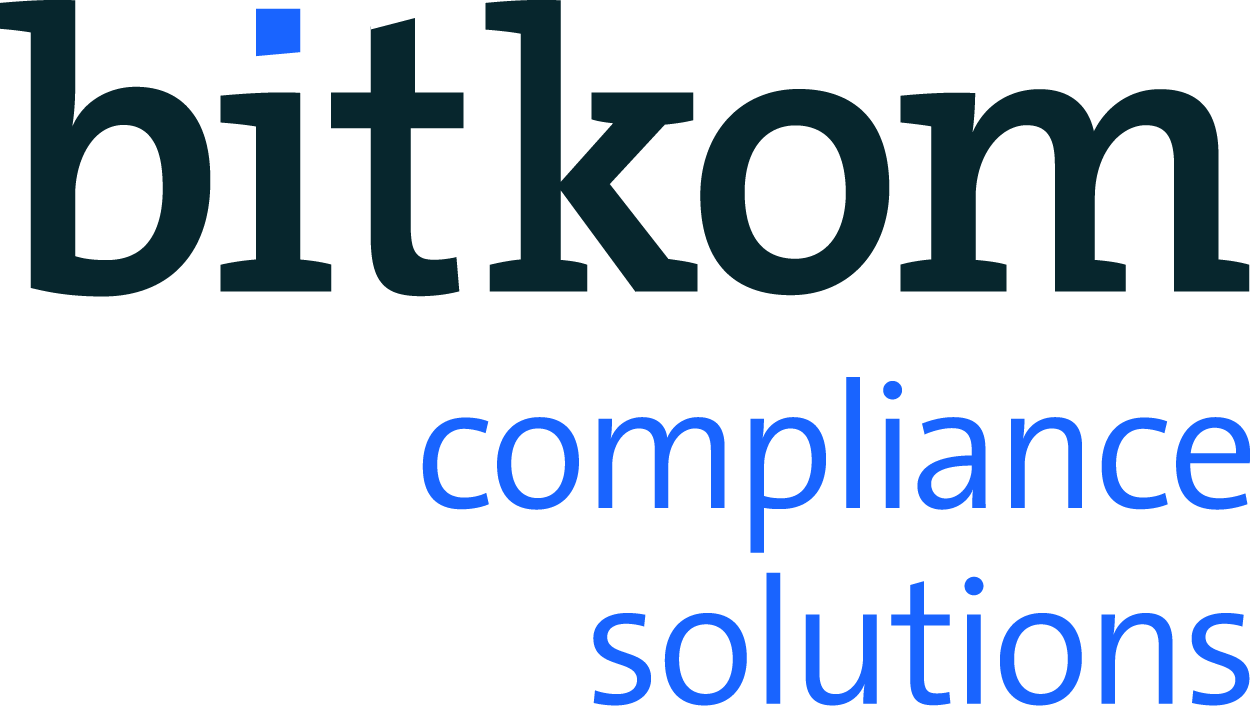
Latest legislative changes 2024: An overview for manufacturers and retailers
In the dynamic landscape of European environmental regulations, manufacturers and distributors of electronic products, batteries and packaging face constant challenges. The year 2024 marks the beginning of some significant changes in legislation that are of crucial importance to the customers of Bitkom Compliance Solutions.
This article provides a detailed overview of the most important legal changes within the WEEE Directive (Waste Electrical and Electronic Equipment), the Packaging Directive and the Battery Ordinance and explains which other regulations are relevant for you.
- WEEE Directive: Extended registration obligations
Since 2004 - depending on the legal structure - companies have had to register not only in the country in which they are based, but also in all other EU Member States in which their products are placed on the market. The obligation of marketplaces such as Amazon in 2023 has meant that retailers who were not previously registered have now caught up on registration. This change aims to ensure that all marketplace participants assume their product responsibility and that electrical and electronic waste is recycled correctly.
The extended producer responsibility EPR.
Ongoing legislative procedures on WEEE and ElektroG
It is also important to note what changes the WEEE Directive will undergo at European level this year. The European Commission intends to present a final report on the evaluation of the WEEE Directive in September 2024. Bitkom Compliance Solutions sends out a newsletter once a quarter to keep you informed about all legal changes.
- ElektroG/BattG: New ear fee regulation
On 11 December 2023, the Federal Ministry for the Environment, Nature Conservation, Nuclear Safety and Consumer Protection published the Ninth Ordinance amending the Electrical and Electronic Equipment Act-Battery Act Fee Ordinance. The ordinance aims to adapt the fee rates for the take-back and disposal of waste electrical and electronic equipment and waste batteries to current developments in 2024. With the amending ordinance, the fees were adjusted to the cost calculation of the stiftung elektro-altgeräte register (stiftung ear) for the year 2024.
- VerpackG: Stricter requirements and introduction of a directive
For some time now, the EU Packaging Directive 94/62/EC has determined the requirements for handling packaging within the European Union. In Germany, it is currently implemented by the Packaging Act (VerpackG). However, the directive will be replaced by the EU Packaging Regulation from 2025. The main objectives of the new regulation (VerpackV) include the reduction of packaging waste, the promotion of reuse and the introduction of binding recycling quotas. A significant target is to reduce packaging waste by 15 per cent per Member State and per capita by 2040 compared to 2018, which would correspond to an overall reduction in waste generation in the EU of around 37 per cent. In addition, the aim is to achieve a high-quality closed recycling loop to ensure that all packaging on the EU market can be recycled economically by 2030.
The new European Packaging Ordinance.
- The new EU battery regulation
The new EU Battery Regulation, which came into force on 17 August 2023, significantly tightens the requirements for battery manufacturers and importers in terms of take-back, recycling and reporting. The regulation aims to minimise the environmental impact of batteries over their entire life cycle.
A detailed description of the requirements of the Battery Ordinance can be found here.
- Supply Chain Due Diligence Act (LkSG)
From 1 January 2024, companies with more than 1,000 employees must comply with the requirements of the German Supply Chain Due Diligence Act (LkSG). Previously, the threshold was 3,000 employees.
The Supply Chain Due Diligence Act (LkSG) came into force on 1 January 2023. For the first time, the Act establishes a legally binding corporate responsibility to respect human rights in supply chains. Specifically, the LkSG obliges companies to observe human rights and certain environmental due diligence obligations in their supply chains. This results in far-reaching organisational obligations and various challenges for the drafting of contracts with suppliers, service providers and customers.
The Bitkom Akademie offers you a corresponding workshop on the LkSG.
We will be happy to check whether and how your obligations have changed on the basis of the new legislation in a personal meeting with you. Contact us at any time using our contact form.
Subscribe to our newsletter below and stay up to date.

